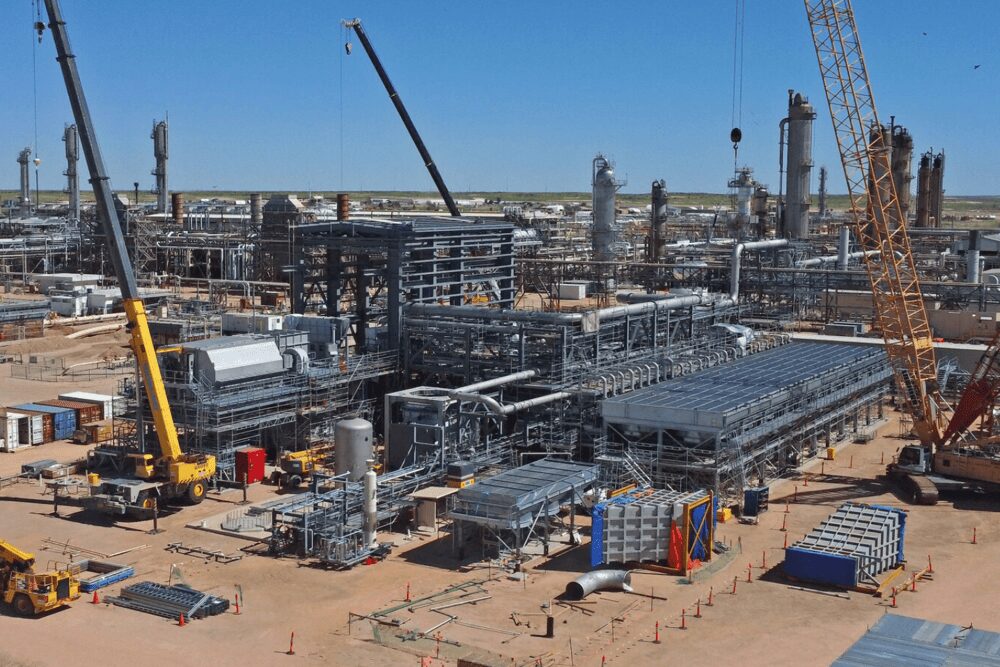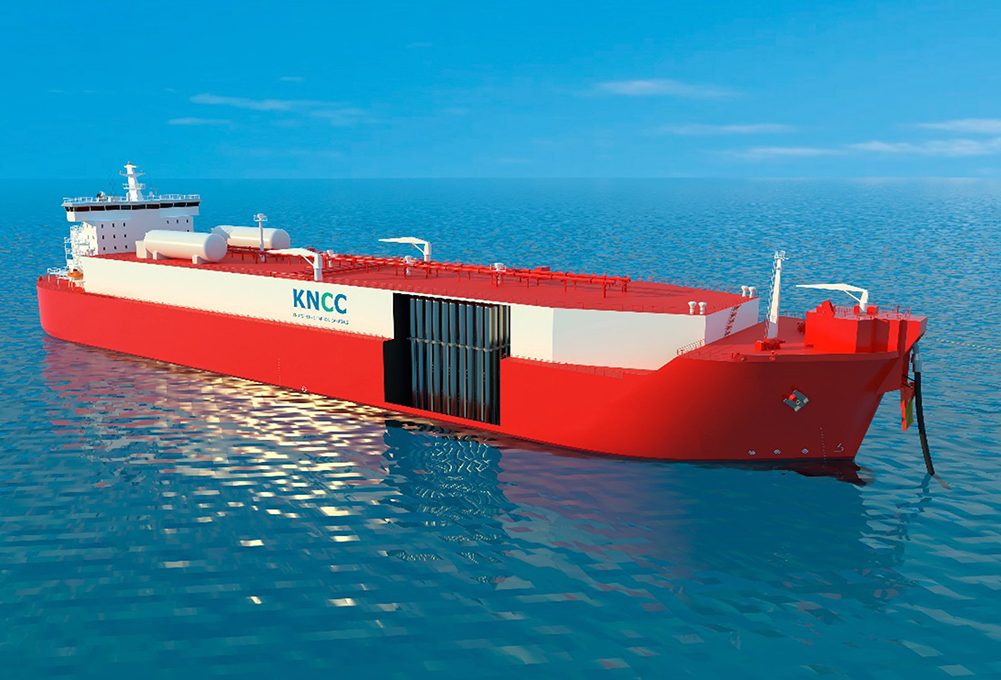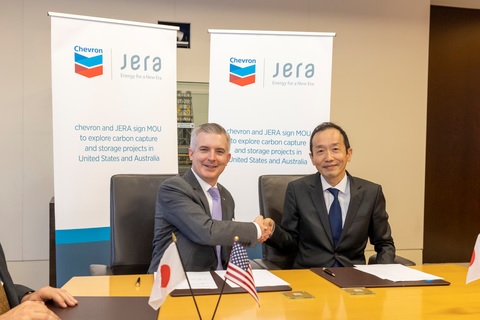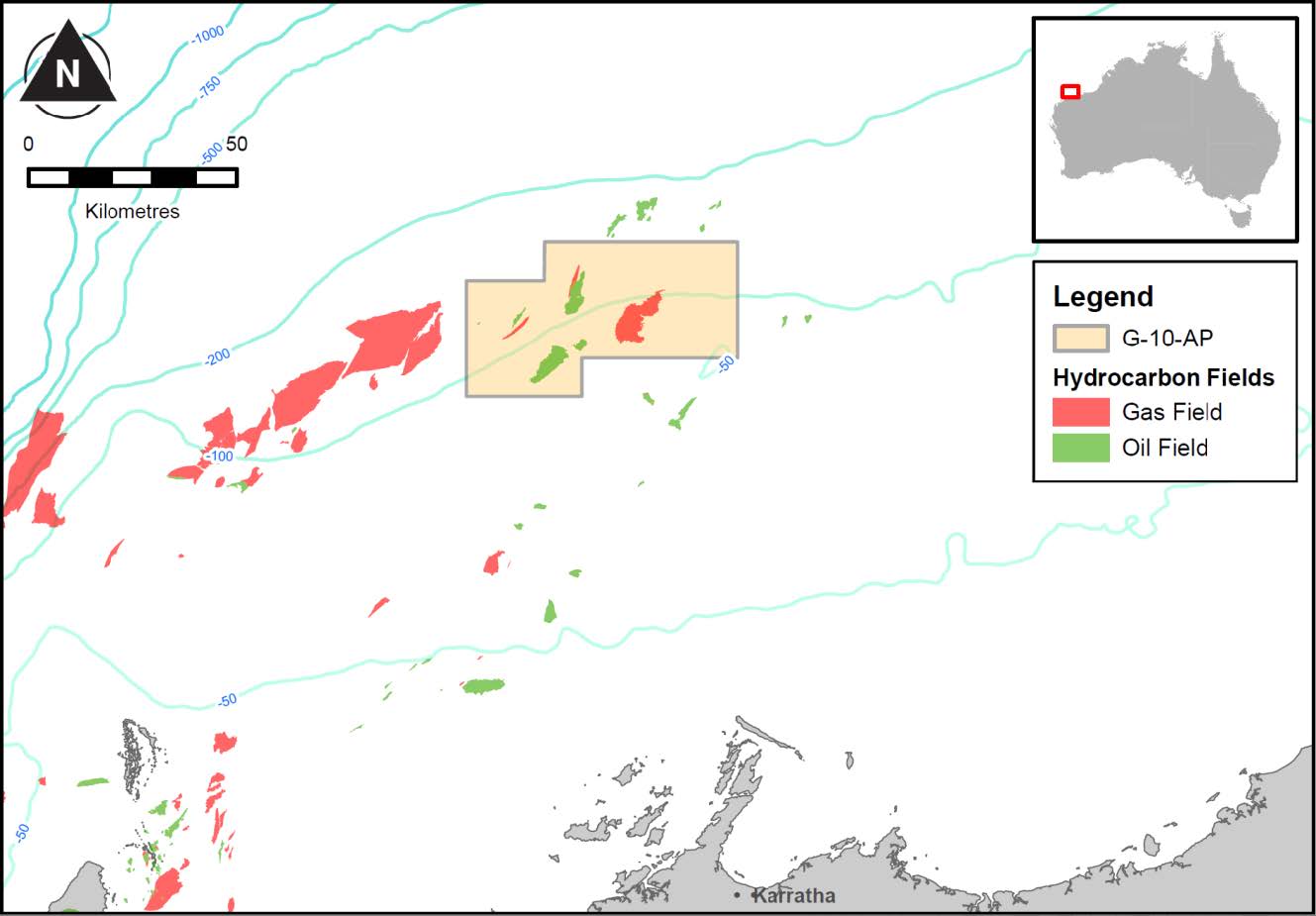
The global adoption of Carbon Capture and Storage (CCS) technology is accelerating rapidly, according to the 2024 Global Status of CCS Report released by the Global CCS Institute (GCCSI).
Low Emission Technology Australia (LETA) has welcomed the report’s findings, which reveal a significant increase in CCS projects worldwide.
The report highlights a remarkable 60 per cent increase in CCS projects in the global pipeline over the past year, bringing the total to 628 projects.
Currently, operational CCS facilities are capturing 51 million tonnes of CO2 per annum (Mtpa), with this figure expected to double once projects under construction become operational.
Governments worldwide are recognising the critical role of CCS in achieving net-zero emissions targets.
They are adjusting policies, removing barriers, and incentivising investment in CCS technology.
The report also emphasises the importance of cross-border collaboration, particularly in the Asia-Pacific region, to achieve global decarbonisation goals.
LETA Chief Executive Officer Mark McCallum expressed concern that Australia is falling behind its international counterparts in CCS adoption.
He noted that governments in the US, UK, EU, Japan, and Korea are investing billions in CCS technologies and implementing supportive regulatory frameworks for critical industries like steel, cement, and power generation.
McCallum urged the Australian government to follow the lead of other nations in supporting CCS technology.
He advocated for the development of a coordinated national CCS strategy in consultation with industry, which would streamline regulations, provide investor certainty, foster innovation, and support emissions reduction goals.
LETA reaffirmed its commitment to collaborating with government, industry, and international partners to explore new technologies that will help Australia reach net-zero emissions while supporting critical industries.
The rapid global acceleration of CCS projects demonstrates the technology’s crucial role in achieving net-zero targets.
As other countries forge ahead, Australia faces the challenge of catching up to ensure it remains competitive in the global transition to a low-carbon economy.









